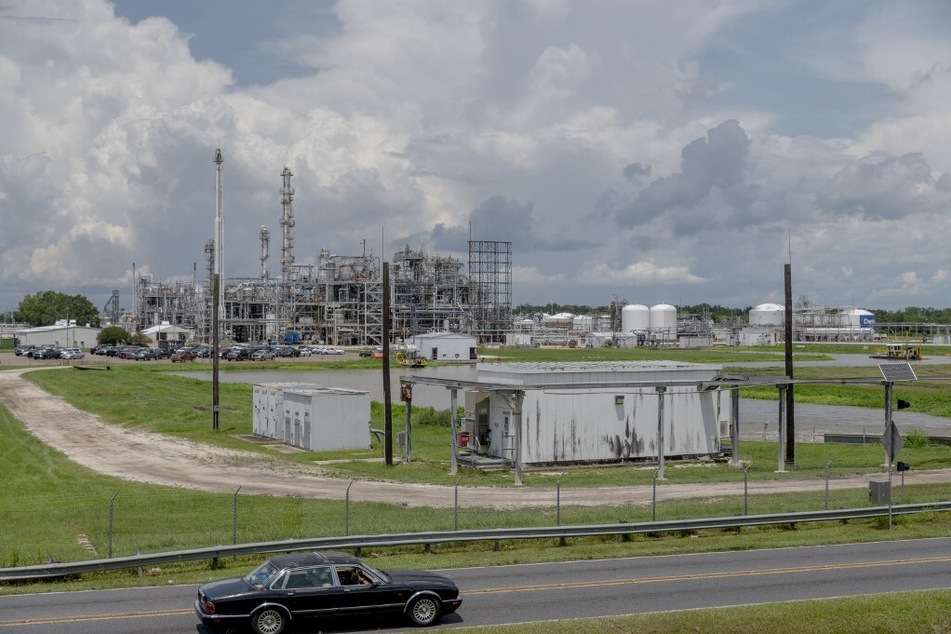Louisiana accused of targeting Black residents in Cancer Alley records lawsuit
Baton Rouge, Louisiana - Louisiana has obtained communications between the Environmental Protection Agency (EPA) and community activists, journalists, and legal advocates regarding Cancer Alley in what some have warned could set a very dangerous precedent.

Louisiana sued the EPA in December claiming the agency violated federal law by failing to turn over the communications in accordance to the state's June Freedom of Information Act (FOIA) request, The Guardian and The Intercept reported.
The lawsuit demanded all records since March 2021 concerning "environmental justice in Louisiana, the Industrial Corridor in Louisiana," and "the area called Cancer Alley." Six community advocates – all of whom are Black – are specifically named in the request.
The EPA said it would take over a year to compile the requested records, but that wasn't fast enough for the state, whose lawsuit sought to speed up the transfer.
The case is related to another lawsuit filed by Louisiana Governor and former AG Jeff Landry, a fossil fuel-friendly Republican, seeking to bring an end to the EPA investigation into alleged civil rights violations against Cancer Alley's primarily Black residents.
On June 28, 2023, the federal agency announced it was stopping its probe – about a month after Landry filed suit.
Louisiana state government accused of trying to stifle environmental activism
Nevertheless, the newly sworn-in governor has continued to press the matter, with some residents accusing the state of weaponizing the FOIA process to stifle community activism and curtail press freedom.
"The Louisiana attorney general’s office protects industry more than they protect the people," Rise St. James President Sharon Lavigne told The Guardian and The Intercept. "Maybe that’s why they got all of these emails, just to see what we’re doing and to see how they can stop us."
Cancer Alley, known for its high degree of pollution, accounts for around 25% of the US' petrochemical production. The mostly Black residents living in the stretch of land between New Orleans and Baton Rouge are estimated to be at nearly 50 times the risk of developing cancer from air toxicity than the national average.
Cover photo: EMILY KASK / AFP
